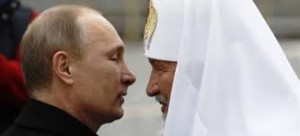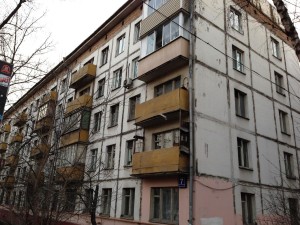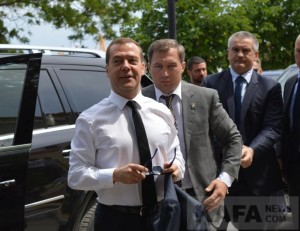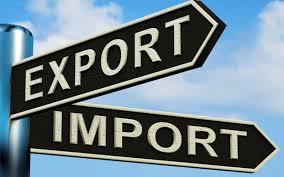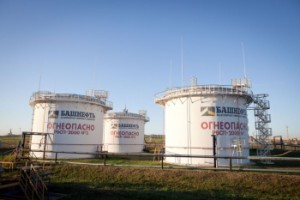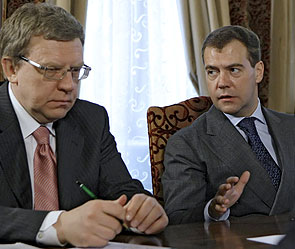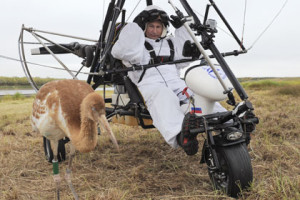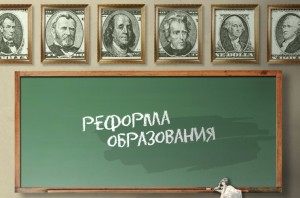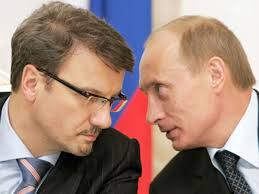
Vladimir Putin rarely acts as an advertising agent, but the current economic crisis and the fear of political instability it provokes are forcing the president to recur to unorthodox methods of state support for key segments of business on which the regime’s financials are based. During his meeting with the head of Sberbank—Russia’s major bank, 51 percent of which is owned by the state—Putin suggested that Russian citizens should take out mortgages without waiting for interest rates to go down.
There could be many reasons for such promotional activity, the chief among them being a slowdown in nominal wage growth, an upturn in inflation since July, and a rise in the unemployment rate. These factors are already affecting the banking sector and could potentially lead to a balance-of-payments crisis, the holding back of wages and pensions, and other systemic problems. Analyzing Putin’s aforementioned statement, Russian economist Sergei Aleksashenko notes that while the numbers of mortgage loans have been increasing, their amounts have been steadily diminishing.
As of the summer of 2016, the growth of Russia’s mortgage market has been mostly caused by measures of state support, the repeal of which, according to the Russian Finance Ministry, will inevitably lead to an increase in mortgage rates and a lower demand for mortgage loans. Essentially, Sberbank is the only bank that shows decent mortgage figures, whereas such key players in the Russian banking sector as VTB24, Gazprombank and Rosselkhozbank, not to mention smaller banks, demonstrate an almost two-fold decrease in the volume of mortgage loans. Read More “A Mortgage from Putin”



